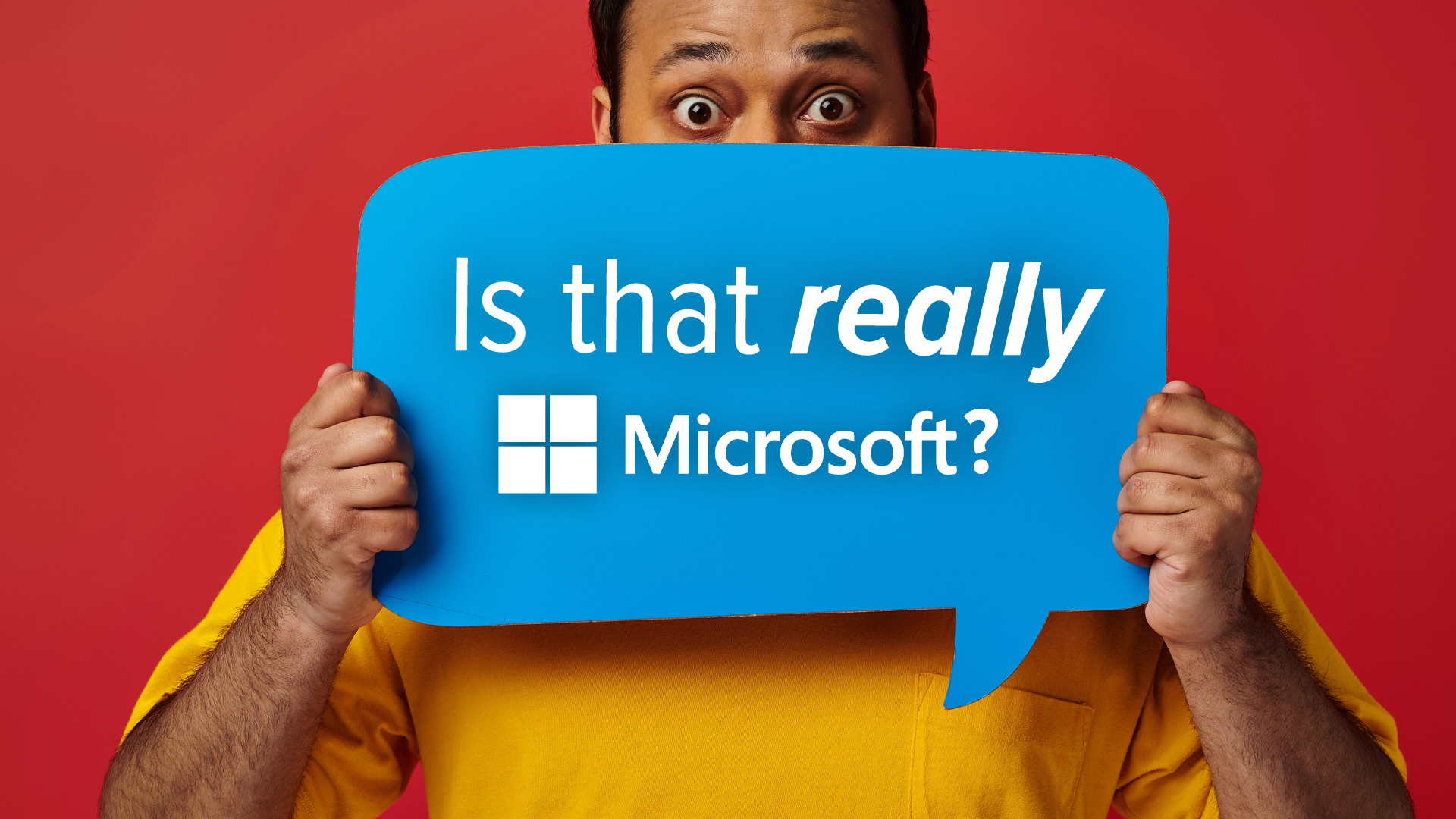That Email from Microsoft? It Might Not Be What You Think
When you see an email from Microsoft, you probably don’t think twice about opening it. After all, it’s Microsoft — one of the biggest, most trusted names in tech.
But here’s the problem: cyber criminals know that too.
And right now, Microsoft is the most impersonated brand in the world when it comes to phishing scams.
Recent research shows that 36% of all brand-related phishing attacks in early 2025 were pretending to be Microsoft. Google and Apple were next on the list — and together, the three tech giants accounted for more than half of all phishing scams.
That’s a staggering number.
What is Phishing?
Phishing happens when criminals send fake emails, texts, or messages that look like they’re from a real company you know and trust.
The aim? To trick you into:
-
Clicking a malicious link
-
Opening an infected attachment
-
Handing over sensitive details like passwords, card numbers, or logins
The consequences can be brutal: stolen money, hacked accounts, data leaks, and a huge mess for your business.
Why It’s Getting Harder to Spot
The days of dodgy spelling and obvious fake links are mostly gone. Modern phishing emails look almost identical to the real thing:
-
Genuine logos and layouts
-
Fake websites that mirror the real ones
-
Spoofed email addresses that look like “microsoft.com” but are actually “micros0ft.com”
Some even impersonate Mastercard, tricking people into entering payment details on near-perfect replicas of the real site.
How to Stay Safe
So how do you know if that “Microsoft email” is the real deal — or a wolf in sheep’s clothing?
✅ Watch for pressure tactics – Real companies won’t threaten you with lines like “Act now or your account will be locked.”
✅ Check the sender carefully – A single character out of place in the address is a huge red flag.
✅ Don’t click straight away – If in doubt, open your browser and type the official website address yourself.
And above all, make sure your business has layers of protection in place:
-
Security awareness training (so staff know what to look out for)
-
Advanced email filtering
-
Multi-Factor Authentication (so a stolen password alone isn’t enough)
Phishing emails are only getting more convincing. Staying alert is no longer optional — it’s essential.
At Deycom, we help businesses across Ireland put the right protections in place and train their teams to stay one step ahead of cyber criminals.
👉 If you’d like to strengthen your defences against phishing, get in touch with us today.

